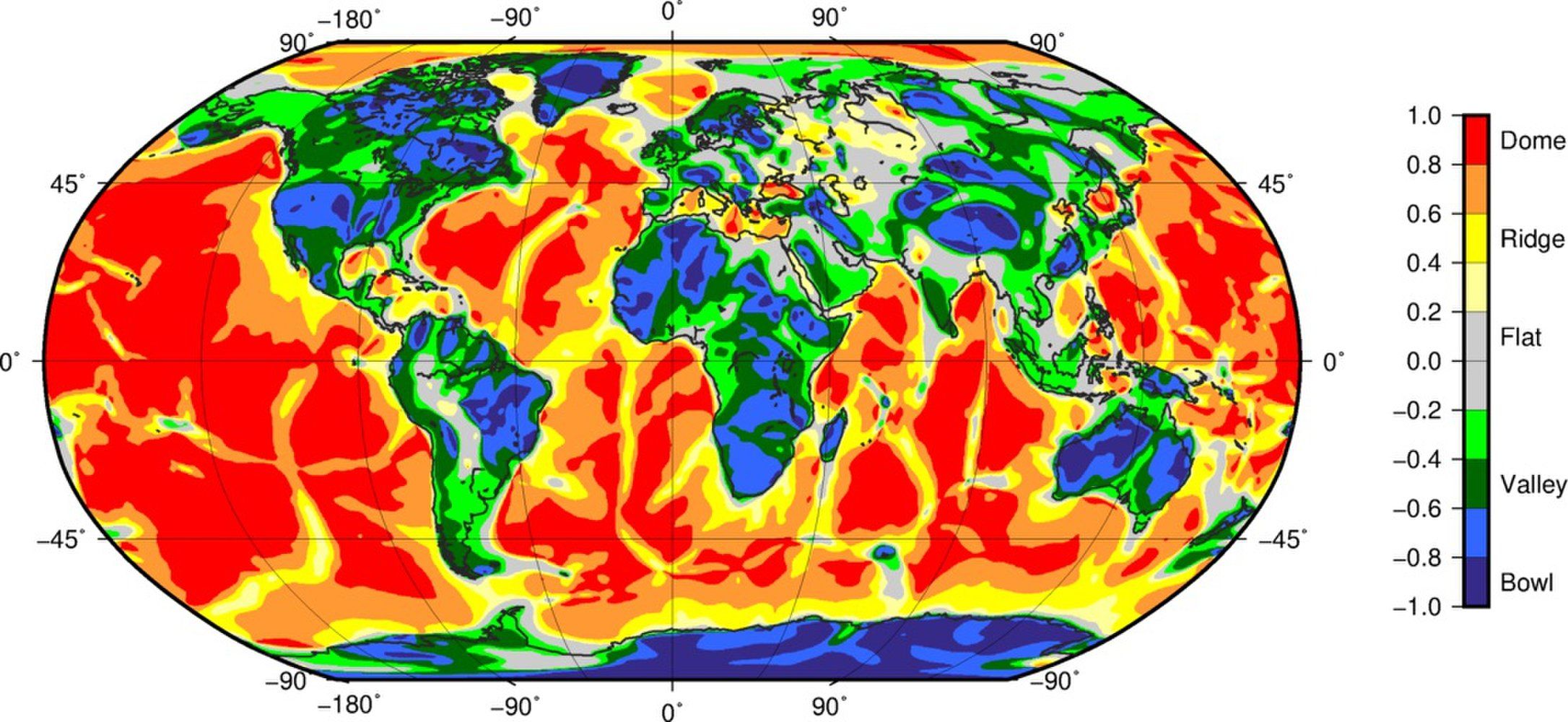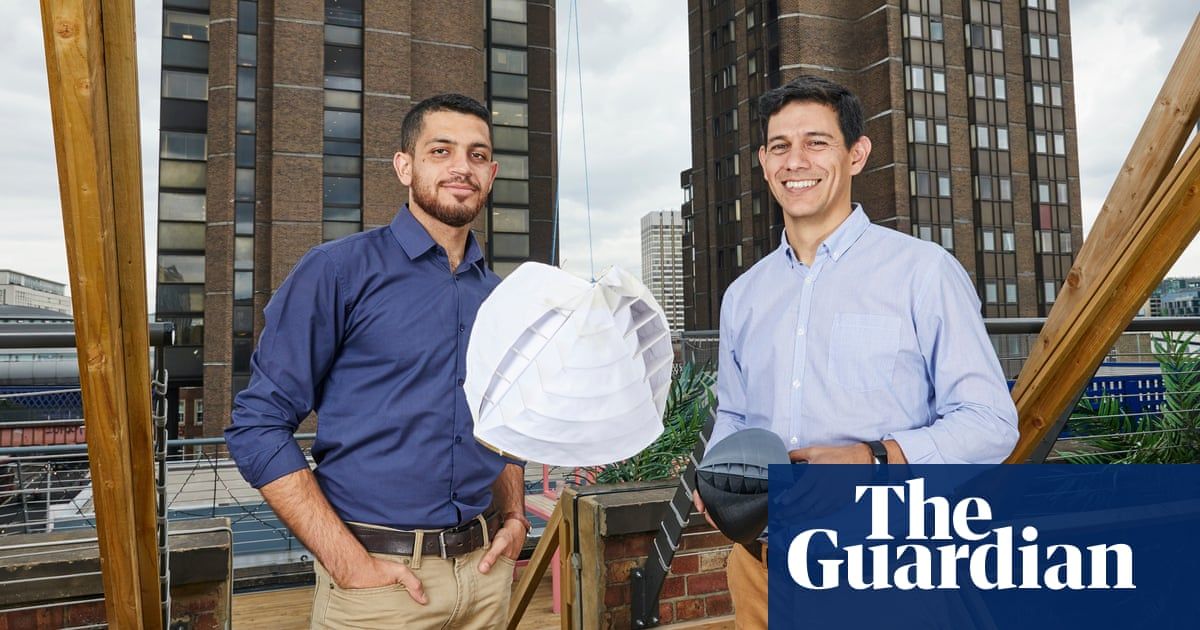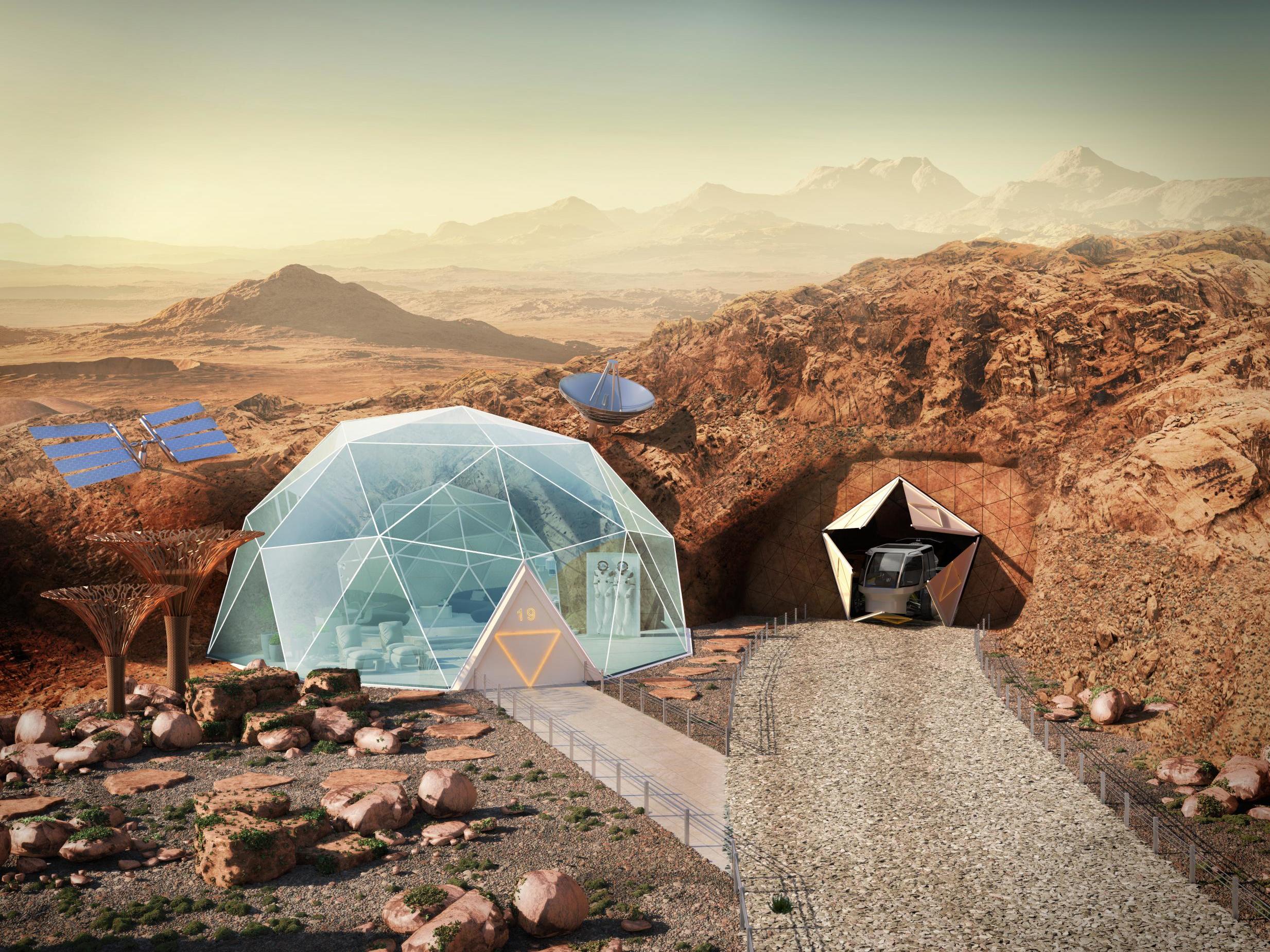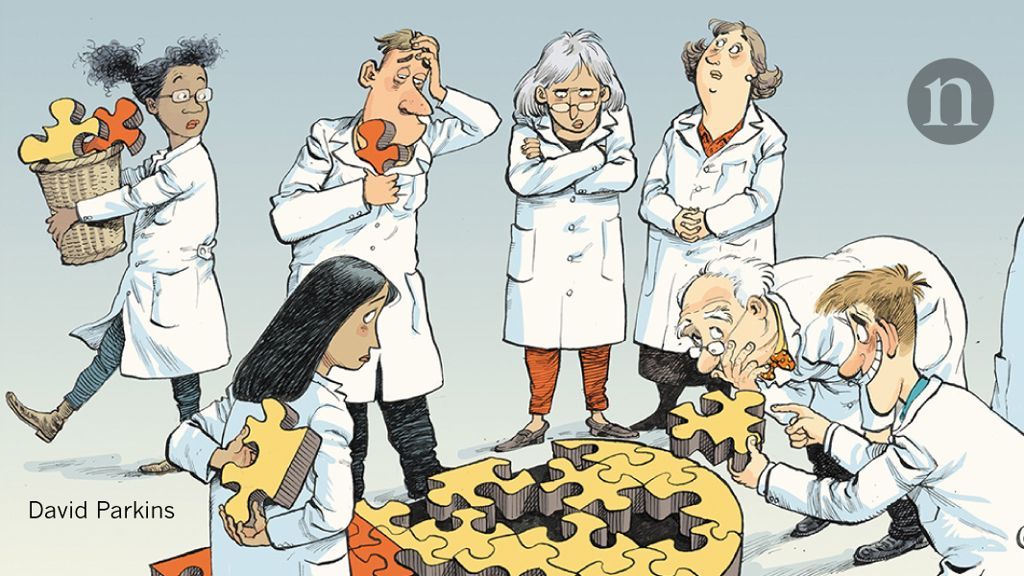Nov 15, 2018
How algae could sustainably reduce the carbon dioxide concentration in the atmosphere
Posted by Genevieve Klien in categories: climatology, sustainability
In collaboration with fellow researchers, chemists at the Technical University of Munich (TUM) have developed a process that, according to initial calculations, can facilitate economically removing the greenhouse gas carbon dioxide from the atmosphere. The latest World Climate Report (IPCC Special Report on Global Warming of 1.5 ° C) acknowledges the global relevance of the process.


















